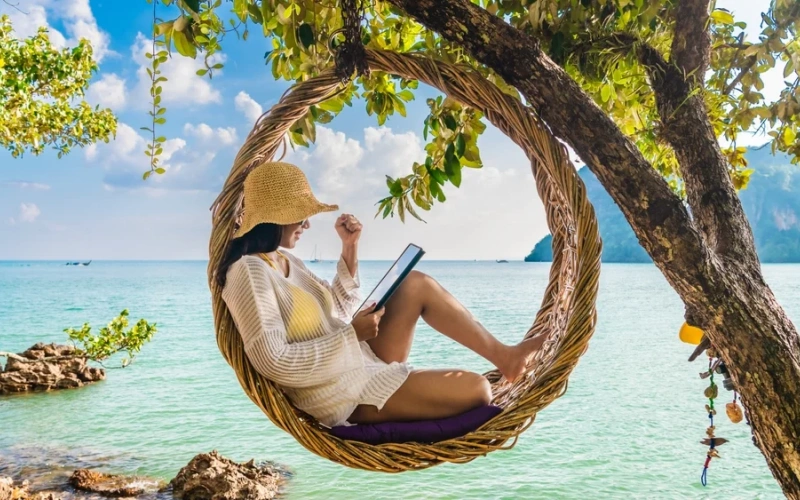
What Slow Travel Means For Modern Explorers
One of the core principles of slow travel is the idea of taking fewer trips but spending more time in each location. Instead of rushing from one tourist hotspot to another, slow travelers often choose to explore a single city or region in depth. This allows them to develop a genuine understanding of the local way of life. By staying longer, travelers can engage with local customs, participate in community events, and form relationships with residents. Such connections lead to a more authentic experience that goes beyond surface-level tourism.
Transportation choices also play a significant role in slow travel. Instead of hopping on planes or trains for quick transfers, slow travelers often opt for walking, biking, or using public transport.

This not only reduces their carbon footprint but also allows them to appreciate the beauty of their surroundings. Whether it’s wandering through charming streets or cycling along scenic routes, these modes of travel encourage a deeper connection with the environment. Travelers can discover hidden gems that are often overlooked when traveling at a fast pace.
Culinary experiences are another important aspect of slow travel. Instead of dining at chain restaurants or tourist traps, slow travelers seek out local eateries that showcase authentic cuisine. This may involve trying street food, visiting farmers’ markets, or participating in cooking classes. By engaging with local food culture, travelers gain insights into the region’s history and traditions. Sharing meals with locals can lead to meaningful conversations and a greater appreciation for the culinary heritage of the area.

Planning for slow travel requires a shift in mindset. Travelers should prioritize quality over quantity, focusing on experiences that resonate with them personally. Researching local customs, traditions, and events can enhance the travel experience. It’s important to leave room for spontaneity, allowing for unexpected adventures and discoveries. Embracing a flexible itinerary encourages travelers to explore off-the-beaten-path destinations and interact with locals in a more genuine way.
Slow travel also fosters mindfulness, encouraging travelers to be present in each moment. This mindfulness can lead to a deeper appreciation of the simple pleasures of travel.

such as watching a sunset, listening to local music, or engaging in a conversation with a stranger. By slowing down, travelers can cultivate a sense of gratitude for their experiences and the world around them.
Slow travel is about creating lasting memories and connections that enrich the travel experience. By embracing this philosophy, travelers can transform their journeys into opportunities for personal growth and cultural exchange. As the world becomes increasingly fast-paced, the value of slowing down and truly experiencing a destination becomes even more significant. Adopting a slow travel mindset not only benefits the traveler but also supports local communities, promoting a more sustainable and respectful approach to exploration. This shift in perspective can lead to a more fulfilling and meaningful travel experience that resonates long after the journey ends.









